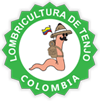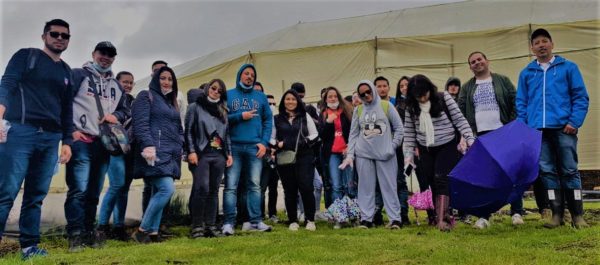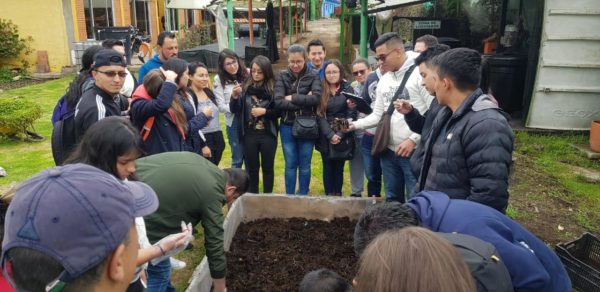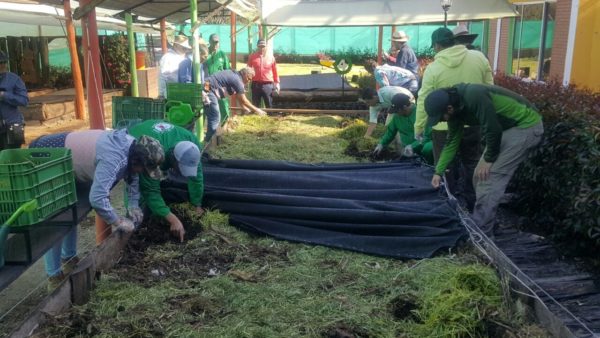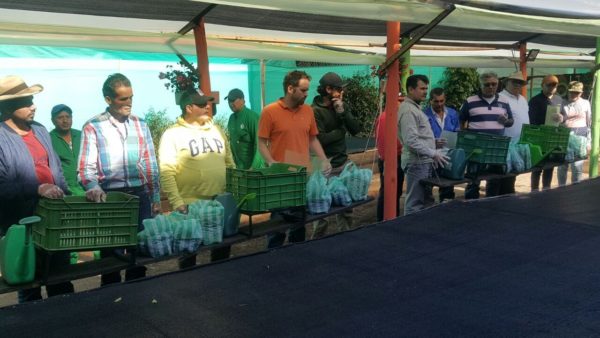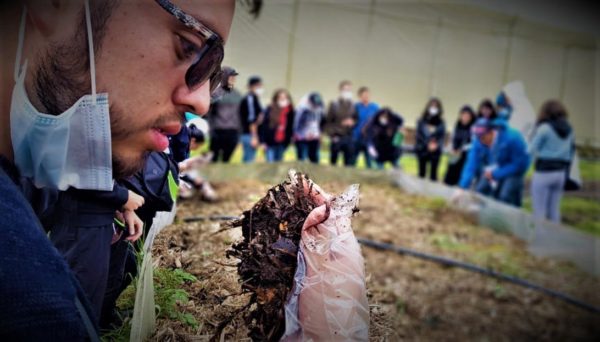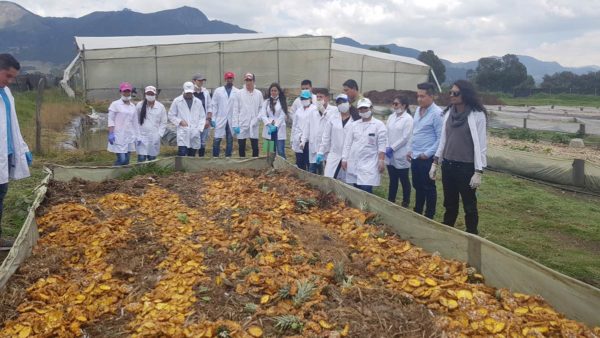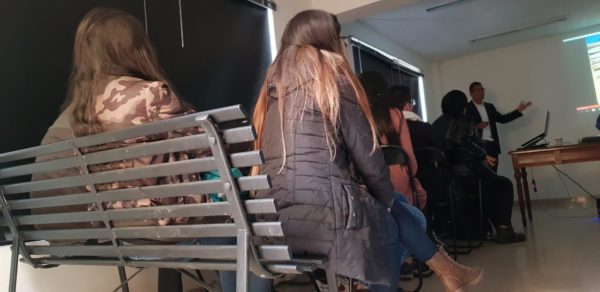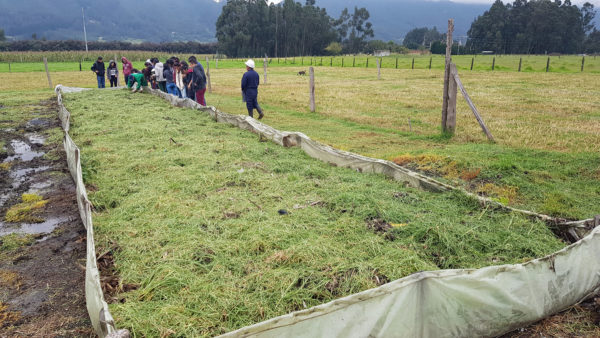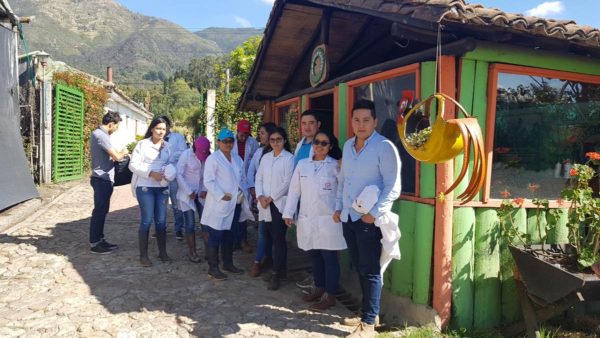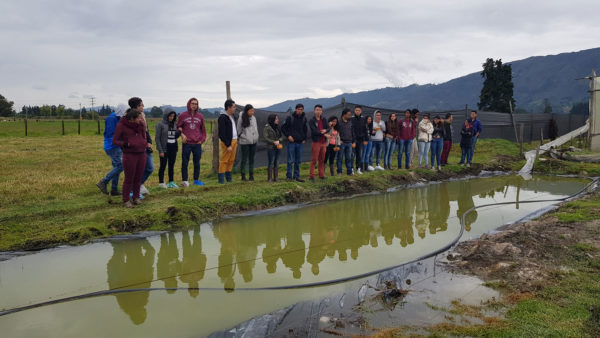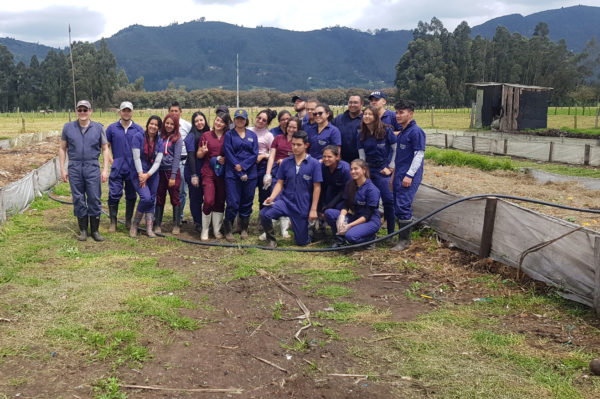Vermiculture courses
This service is a space of knowledge where participants find, through a carefully designed agenda, all the technical aspects related to vermiculture. During your visit to the vermiculture, you will see practical and executable solutions for the production of both granulated vermicompost and liquid humus.
This learning model facilitates knowledge and allows new worm growers to start designing their own projects very soon.
Permanent invitation to all producers and actors of the Agroindustrial, Academic, Business and general community to actively participate in the Theoretical – Practical Course of Wormling Occupated in the Worm Productive Unit of Tenjo.
Lombricultura off Tenjo invites you to the next course
It will take place at our facilities next
saturday 25th September 2021
Sign up here, there is still time!
Topics
1. GENERAL
- Introduction to vermiculture: its role in the biotransformation of waste generated by human activity.
- The vermiculture and its insertion in agricultural activities, integration of projects and local perspectives.
2. PLANT
- Location and construction of modules.
- Startup production module (features).
- Costs of a module.
3. THE CALIFORNIAN RED LOMBRIZ
- Important physiological aspects.
- Zoological classification of the earthworm.
- External and Internal Morphology.
- Reproduction.
- Natural enemies.
4. ACQUISITION AND SEEDING OF THE LOMBRIZ
- Amount of breeding stock per m2.
- Periodic supply of the substrate.
- Irrigation.
- The earthworm an alternative food for birds and fish.
5. FOOD PREPARATION (SUBSTRATE)
- Organic waste: animals.
- Organic vegetable waste (waste from market places, crop residues, kitchen waste).
- Storage methods.
6. LOMBRICOMPOST
- Lombricompost, features and properties.
- Harvest methods, sifting and drying, granulometry.
- Applications to commercial crops.
- Liquid humus.
- Comercialization.
7. PRACTICE
- Worm breeding planting.
- Substrates.
- Worm trapping.
- Delivery of reports, certification and records.
